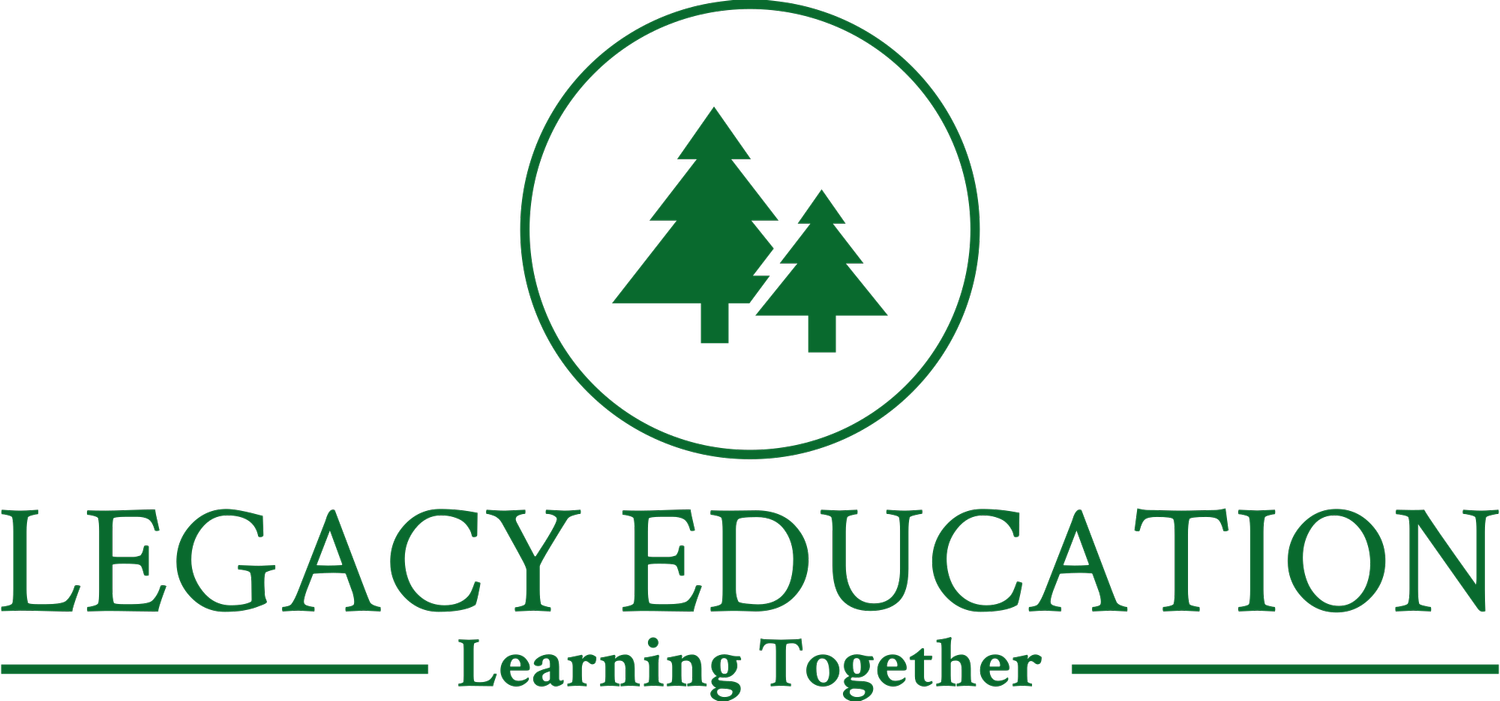Neurodiversity: Weird or Wired for Creativity?
Ever worked with someone who can juggle five ideas at once but forgets where they left their coffee? You know the type- their calendar is a mess - if they even have one. Or taught a student who can’t sit still but can build entire worlds in Minecraft? Neurodiverse minds have been mislabeled and misunderstood for too long—viewed as “weird,” “difficult,” or “challenged.” But the reality? They are wired for creativity, innovation, and success in ways traditional systems fail to recognize. It's simply our "systems" that fail to empower them.
The Hidden Genius Factor
Tim Martin, founder of JD Wetherspoon, was told by his teacher he’d never succeed. His school-based challenges made school a struggle, and he didn’t fit the traditional academic mold. But instead of proving his teacher right, he built one of the most successful pub chains in the UK—naming it after that very teacher as a permanent reminder of how wrong they were. I, for one, enjoy their Thursday Curry Club.
Temple Grandin changed the livestock industry not despite her autism, but because of it. Her ability to think visually allowed her to design humane cattle-handling systems no one else could conceive.
Richard Branson credits his ADHD for the high-energy, risk-taking mindset that led him to build Virgin Group.
And then there’s Elon Musk. Whether you love or hate him, Musk has redefined industries, from electric vehicles to space travel. Musk has publicly stated that he is on the autism spectrum—a trait that many believe gives him the intense focus and problem-solving ability that drive his success. The ability to think in systems, see patterns others miss, and block out distractions has allowed him to push boundaries in ways few others can.
These aren’t stories of people overcoming neurodiversity. These are people thriving because of it.
The Power of Thinking Differently
Dyslexia in the Workplace: Narrow definitions of "success" often inhibit these individuals when they are young. Schools tell dyslexic students they need to "catch up" in reading. But in the business world, dyslexic minds dominate creative industries, entrepreneurship, and engineering. Dyslexics excel in big-picture thinking and pattern recognition—skills that drive innovation in fields like architecture and technology.
ADHD as an Asset: The workplace often sees ADHD as a liability—someone who "can’t focus." But in reality, ADHD professionals excel in dynamic, fast-paced environments where quick thinking and adaptability are essential. Entrepreneurs, crisis managers, and creative professionals thrive because of—not in spite of—their ability to jump between ideas.
Autistic Precision Thinking: In schools and offices, autistic individuals are often labeled as "rigid" or "socially awkward." But their ability to focus deeply, spot patterns, and work with precision is invaluable in fields like cybersecurity, data science, and engineering. Companies like SAP and Microsoft actively seek autistic professionals for these exact strengths.
The Real Problem: Outdated Systems?
Here’s an uncomfortable reality check: our education and workplace systems weren’t built for neurodiverse minds. Schools prioritize memorization over creativity, and corporate hiring favors conformity over innovation—just look at ATS resume systems that filter for "the right words." But the world doesn’t thrive on sameness—it thrives on difference.
Instead of trying to “fix” neurodiverse students and employees, what if we found ways to restructure schools and workplaces to harness their strengths? What if, instead of forcing everyone into the same mold, we built systems and developed ways of working that enhance and develop multiple ways of thinking?
Weird or Wired for the Future?
The next Steve Jobs, Elon Musk, or Temple Grandin is already sitting in a classroom or office—probably being told they need to “fit in” better. But the real question is: Will we keep trying to change them, or will we finally change the way we see them?
Neurodiverse minds aren’t weird. They’re wired for something greater. We just need to recognize it and do what it takes to help them find it.

